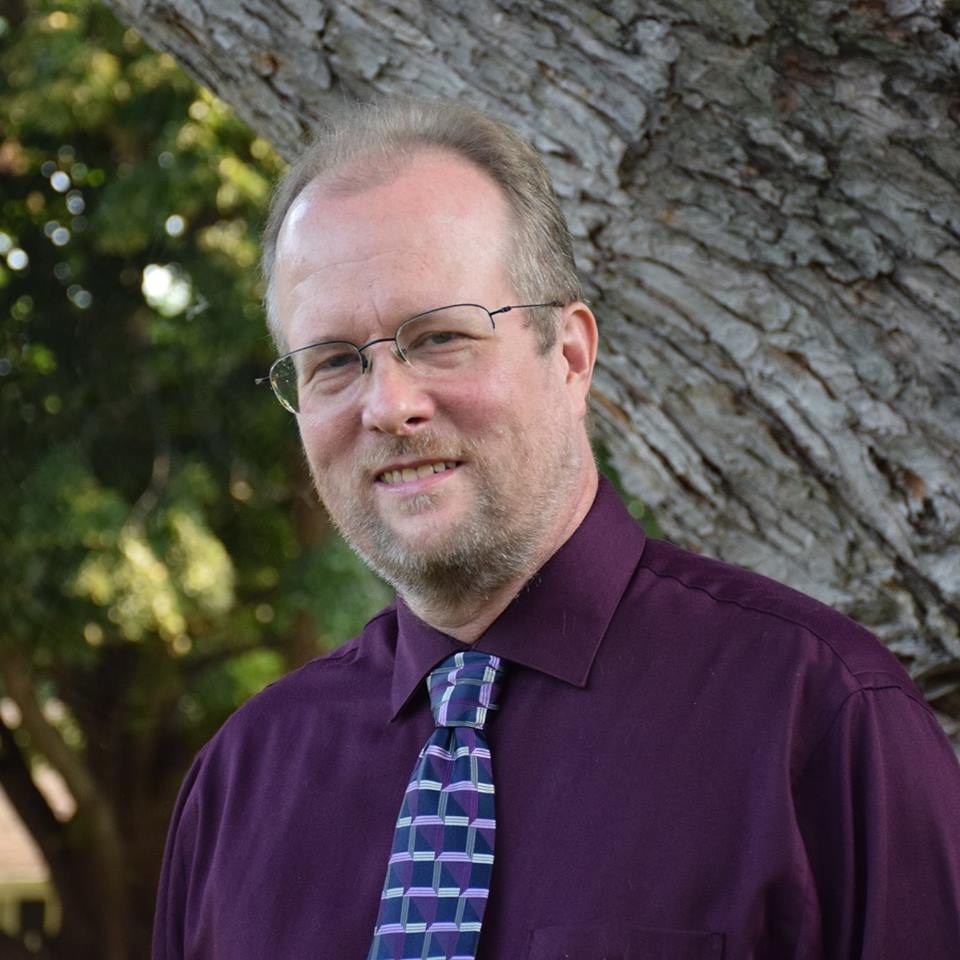
Charles King, Ph.D.
- Professor
- Roman History, Late Antiquity, Social & Religious History
Additional Information
Education
Ph.D., University of Chicago
M.A., University of Arizona
B.A., University of Arizona
Background
Charles W. King is currently an Associate Professor. He grew up in Tucson, Arizona, where he obtained his B.A. and M.A. degrees from the University of Arizona.
He received his Ph.D. in history from the University of Chicago in 1998 with an emphasis on Ancient Rome and additional fields in Ancient Greece and Early Byzantium/Late Antiquity. He has taught and published in all three areas.
He offers classes on multiple aspects of Roman civilization, on Late Antiquity, and on Athens.
His publications include recent encyclopedia articles addressing aspects of Greek culture, but his major research areas are on the Huns in Late Antiquity and on Roman Religion. His publications on the former include “The Veracity of Ammianus Marcellinus’ Description of the Huns,” American Journal of Ancient History 12 (1995): 178-187, and, most recently, “Attila, Honoria, and the Nature of Hunnic Rule,” in Christian Raffensperger and David Olster, eds., Radical Traditionalism: The Influence of Walter Kaegi in Late Antique, Byzantine, and Medieval Studies, (Lanham: Lexington Books, 2019): 97-114. His work on Roman Religion includes, most notably, “The Organization of Roman Religious Beliefs,” Classical Antiquity 22.2 (2003): 275-312; “The Roman Manes: The Dead as Gods,” in Mu-chou Poo, ed., Rethinking Ghosts in World Religion (Leiden: Brill, 2009): 95-114; and a book, The Ancient Roman Afterlife: Di Manes, Belief, and the Cult of the Dead (University of Texas Press, forthcoming, 2020). Additionally, he has a long-time interest in popular film and comic books, and has also published on both of those areas.
Frequently Taught Courses
The Roman Family (HIST 4910/8916)
The Roman Republic (HIST 4910/8916)
History of the Roman Empire (HIST 3520)
World Civilizations I (HIST 1000)
Athens: Democracy and Empire
Rome & Late Antiquity AD 284-641
Publications
The Ancient Roman Afterlife: Di Manes, Belief & the Cult of the Dead (University of Texas Press, April 2020)Additional Information
Education
Ph.D., University of Chicago
M.A., University of Arizona
B.A., University of Arizona
Background
Charles W. King is currently an Associate Professor. He grew up in Tucson, Arizona, where he obtained his B.A. and M.A. degrees from the University of Arizona.
He received his Ph.D. in history from the University of Chicago in 1998 with an emphasis on Ancient Rome and additional fields in Ancient Greece and Early Byzantium/Late Antiquity. He has taught and published in all three areas.
He offers classes on multiple aspects of Roman civilization, on Late Antiquity, and on Athens.
His publications include recent encyclopedia articles addressing aspects of Greek culture, but his major research areas are on the Huns in Late Antiquity and on Roman Religion. His publications on the former include “The Veracity of Ammianus Marcellinus’ Description of the Huns,” American Journal of Ancient History 12 (1995): 178-187, and, most recently, “Attila, Honoria, and the Nature of Hunnic Rule,” in Christian Raffensperger and David Olster, eds., Radical Traditionalism: The Influence of Walter Kaegi in Late Antique, Byzantine, and Medieval Studies, (Lanham: Lexington Books, 2019): 97-114. His work on Roman Religion includes, most notably, “The Organization of Roman Religious Beliefs,” Classical Antiquity 22.2 (2003): 275-312; “The Roman Manes: The Dead as Gods,” in Mu-chou Poo, ed., Rethinking Ghosts in World Religion (Leiden: Brill, 2009): 95-114; and a book, The Ancient Roman Afterlife: Di Manes, Belief, and the Cult of the Dead (University of Texas Press, forthcoming, 2020). Additionally, he has a long-time interest in popular film and comic books, and has also published on both of those areas.
Frequently Taught Courses
The Roman Family (HIST 4910/8916)
The Roman Republic (HIST 4910/8916)
History of the Roman Empire (HIST 3520)
World Civilizations I (HIST 1000)
Athens: Democracy and Empire
Rome & Late Antiquity AD 284-641